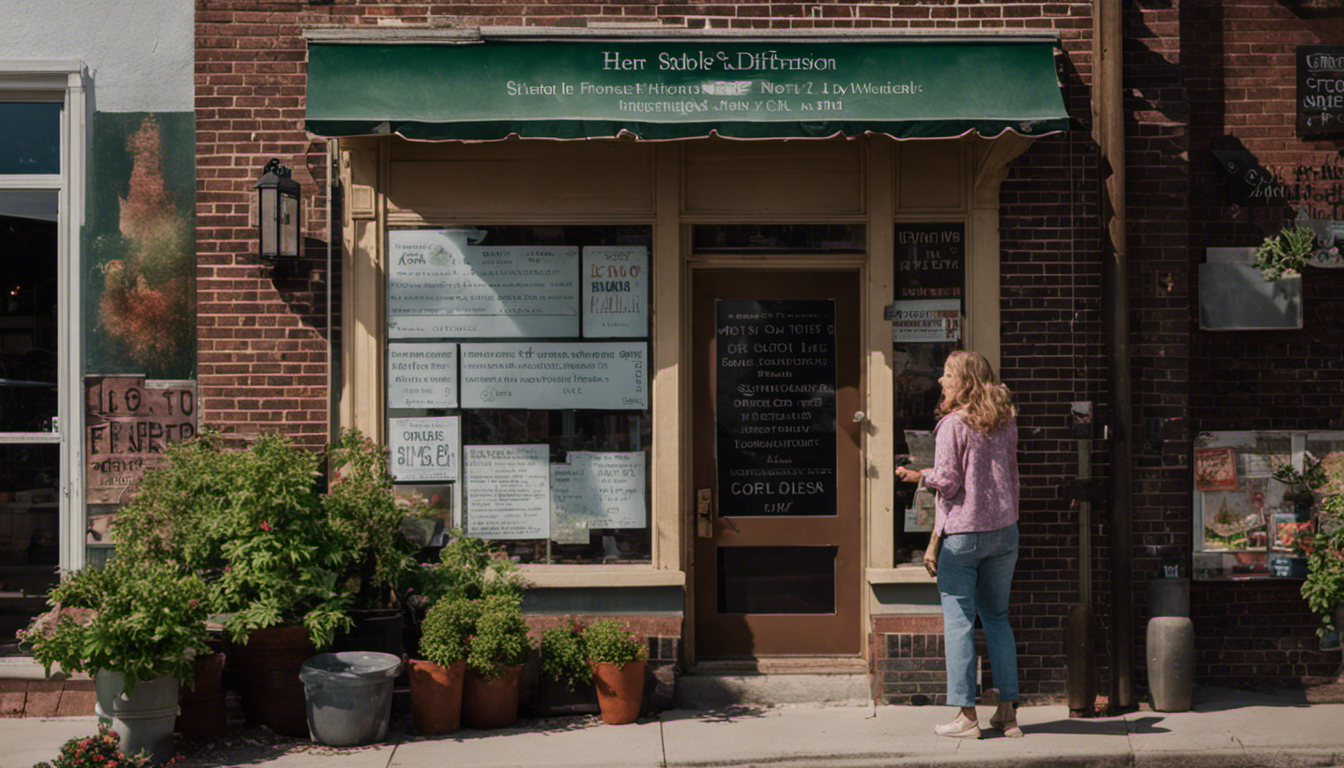New York State’s Medical Cannabis Shops Face Accessibility Concerns
As the cannabis industry continues to grow, concerns are rising about accessibility in New York State. With medical cannabis shops closing, patients are finding it increasingly difficult to access the products they need. Spectrum News 1 took a closer look at the impact on those who rely on medical cannabis.
The main difference between recreational and medical dispensaries is the cost, strength, and variety of products available. Patients like Joan LoCurto, who suffers from fibromyalgia and arthritis, rely on medical cannabis to manage their symptoms. She and her friend Jan Lochner have had to travel to Verilife in Amherst, the only medical dispensary left in Erie County, which is a manageable drive from their home in Western New York.
According to the state Office of Cannabis Management, 40% of patients report difficulty accessing a medical shop. Many have to travel long distances, with 35% taking between 30 minutes to an hour, and 8% taking one to two hours to get to their nearest dispensary.
Verilife’s general manager, Adam Stumpf, recognizes the challenges and benefits of being the only medical dispensary in the area. “We don’t add that extra 13% that gets placed on non-medical sales of cannabis,” he said, highlighting the cost savings for patients.
Patients like LoCurto and Lochner appreciate the personalized attention and knowledge of pharmacists at medical dispensaries. “Speaking with the pharmacists was tremendous because they want to know what you’re already on, so there’s no interaction or pacing,” LoCurto said.
Recreational dispensaries, like Public Flower Adult Use Dispensary in downtown Buffalo, are also playing a crucial role in addressing the issue. Owner Sheldon Anderson notes that many customers have started their journey with medical shops and will likely continue to do so. “We offer a lot of information about the products and a lot of details about the products, and people can shop online and learn about what’s offered,” he said.
New York state is committed to ensuring access to medical marijuana and is supporting registered organizations that prioritize affordable, sustainable, and culturally competent services. As the industry continues to evolve, patients like LoCurto and Lochner hope to see more medical shops open in the future, providing them with easier access to the products they need.












